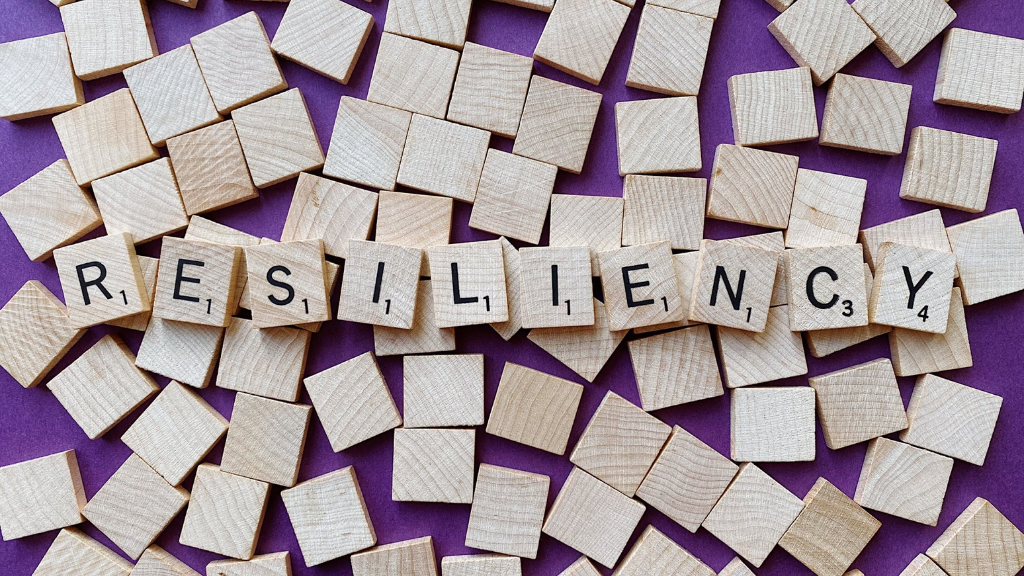How Founders Can Build a Resilient Mindset

Being a startup founder isn’t for the faint of heart. The startup journey is a rollercoaster—filled with exhilarating highs, unexpected setbacks, sleepless nights, and moments of doubt. Amid all this, one trait separates founders who thrive from those who burn out: a resilient mindset.
A resilient mindset empowers startup founders to navigate uncertainty, bounce back from failure, and push forward even when the odds are stacked against them. But resilience isn’t something you’re born with—it’s a skill you can cultivate. Here’s how.
1. Reframe Failure as a Learning Opportunity
Resilient founders don’t view failure as defeat. Instead, they treat it as feedback. Every product flop, missed opportunity, or investor rejection is a valuable lesson wrapped in discomfort.
Take Thomas Edison, for example. When asked about his 1,000 failed attempts to invent the lightbulb, he replied, “I didn’t fail—I found 1,000 ways that didn’t work.” Startup founders with a resilient mindset adopt this same attitude. They use setbacks as stepping stones and continually refine their strategies.
Pro Tip:
Start a “failure journal” to document lessons learned from challenges. Reflect weekly. Growth is built on insight—and rooted in a resilient mindset.
2. Embrace Uncertainty as Part of the Game
Startups are, by nature, uncertain. Market shifts, customer behavior, and funding issues—these factors are unpredictable and uncontrollable. Founders who resist uncertainty experience more anxiety and burnout.
Instead, resilient founders learn to accept uncertainty as the cost of innovation. They train their minds to stay grounded in what they can control: effort, attitude, and adaptability. Adopting a resilient mindset helps them keep perspective when things go sideways.
Mindfulness practices like meditation and journaling can help build mental flexibility, allowing startup founders to face ambiguity without fear—and with a resilient mindset.
3. Prioritize Physical and Mental Health
It’s tempting to wear hustle as a badge of honor. But burnout is real—and it’s a silent killer of great ideas. Resilient founders understand that longevity beats intensity.
Regular exercise, proper sleep, and a balanced diet are foundational. Mental health matters too. Whether it’s therapy, coaching, or simply taking breaks, nurturing well-being isn’t a luxury—it’s a necessity.
When your mind and body are in sync, you’re better equipped to make clear decisions, lead confidently, and recover quickly from stress. A healthy lifestyle supports a resilient mindset.
4. Build a Support System
No founder succeeds alone. Behind every successful startup is a web of mentors, peers, advisors, and friends who offer guidance and encouragement. A resilient mindset is easier to maintain when you have people who remind you of your mission during tough times.
Join founder communities, attend networking events, or simply check in with fellow entrepreneurs. Sharing your struggles doesn’t make you weak—it makes you human.
Being vulnerable builds connection, and connection fuels a resilient mindset.
5. Set Realistic Micro-Goals
Big visions can be overwhelming. To stay mentally strong, break them down into smaller, achievable milestones. These quick wins fuel momentum and build confidence.
Instead of focusing on raising $1M in funding, start by perfecting your pitch. Instead of trying to gain 10,000 users, aim for 100 loyal beta testers.
Resilient startup founders celebrate small victories. These wins act as emotional checkpoints that keep them engaged and positive. Achieving micro-goals strengthens a resilient mindset over time.
6. Detach Identity from Outcomes
A common trap for founders is tying their self-worth to their startup’s success. When the business struggles, they internalize it as personal failure. This mindset is toxic.
Founders with a resilient mindset understand that they are not their startup. They cultivate self-awareness, practice self-compassion, and keep their identity grounded in values—not outcomes.
This separation provides emotional stability, allowing them to make bold decisions without fear of personal ruin. It’s a core pillar of building a resilient mindset.
7. Visualize Long-Term Impact
When things get tough, zoom out. Remind yourself why you started. Revisit your mission, your vision, and the lives you want to impact.
Visualization is a powerful psychological tool. Olympic athletes use it before races. Startup founders can use it to stay strong through the grind. And nothing powers visual clarity better than a resilient mindset.
Create a vision board, write a personal mission statement, or journal about your future success. These reminders re-ignite your purpose when motivation fades.
The road to startup success isn’t paved with certainty or comfort. It’s filled with obstacles that test your patience, your stamina, and your belief in yourself. But what makes the difference isn’t luck or genius—it’s a resilient mindset.
Building a resilient mindset doesn’t happen overnight. It’s the result of daily habits: reframing failure, embracing uncertainty, prioritizing health, and leaning into community. It’s about learning to bend without breaking.
If you’re a startup founder, remember this: a resilient mindset is your ultimate competitive advantage. It will keep you standing when others fall. So invest in it. Practice it. Build it.
The stronger your resilient mindset, the better you’ll navigate setbacks, make bold decisions, and lead with clarity. It fuels long-term vision, sharpens emotional discipline, and helps you show up fully—even on the hardest days.
Because startups don’t just succeed on smart ideas—they succeed on strong minds. And a strong mind begins with a resilient mindset.
